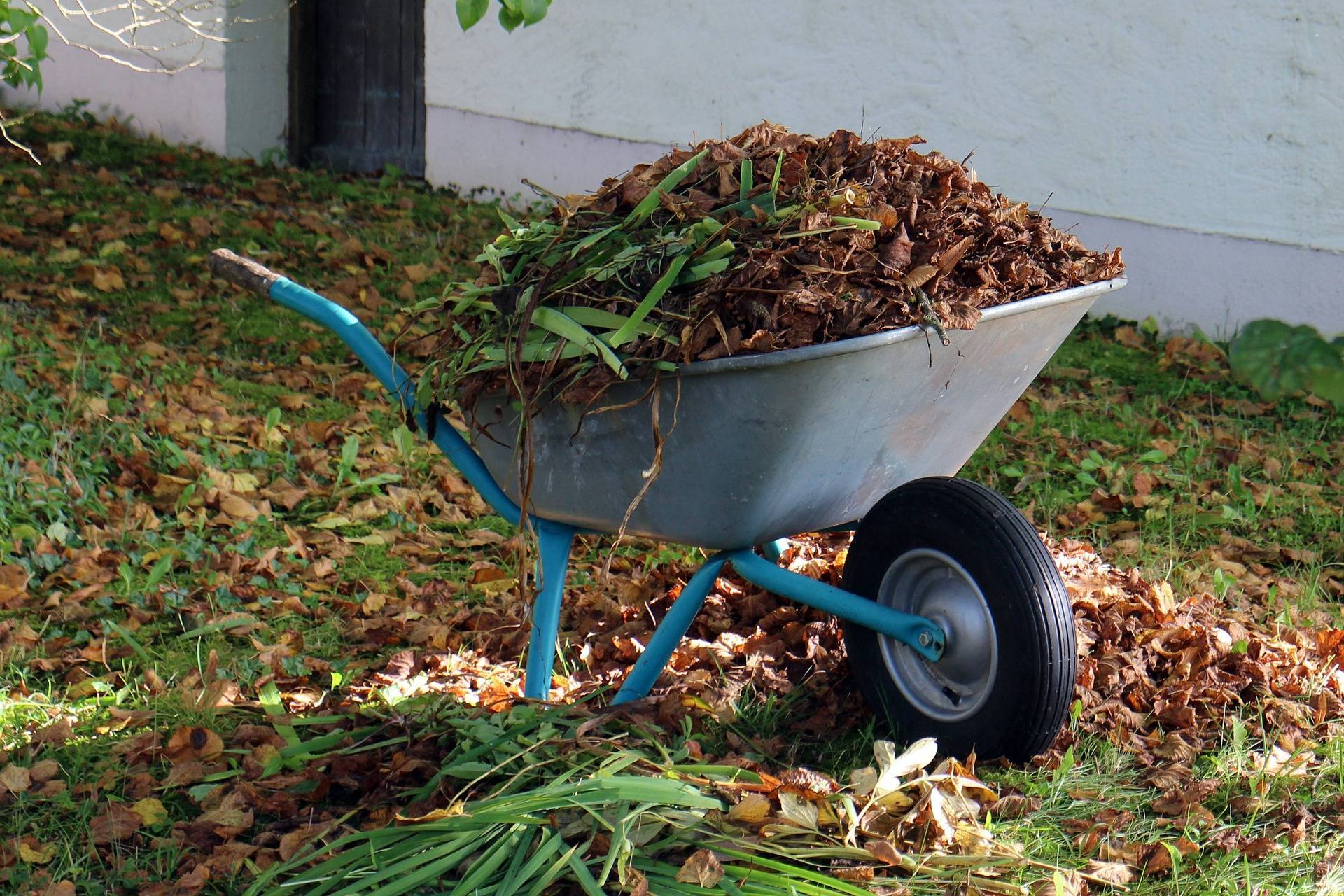Guide to Composting for Small Backyard Gardens

Are you an urban gardener with a green thumb but limited space? Do you dream of transforming your garden waste into nutrient-rich compost but feel constrained by your small backyard? Fear not! Composting in small gardens is not only possible but also incredibly rewarding. Imagine turning your kitchen scraps and garden clippings into a magical elixir that nourishes your plants and reduces waste. This comprehensive guide will walk you through the ins and outs of composting for small backyard gardens, ensuring you reap the benefits of this eco-friendly practice.
Understanding Composting: The Basics
Composting is the natural process of recycling organic matter into a rich, soil-like substance called compost. This nutrient-dense material is a gardener's best friend, enhancing soil fertility and structure. But why should you bother with composting in your small garden?
Composting Benefits
Composting offers a myriad of benefits, from reducing waste to improving soil health. Here are a few reasons why you should start composting today:
- Reduces Waste: By composting, you divert organic waste from landfills, reducing your carbon footprint.
- Improves Soil Health: Compost enriches the soil with essential nutrients, promoting plant growth.
- Saves Money: Homemade compost is a cost-effective alternative to store-bought fertilizers.
- Environmentally Friendly: Composting reduces the need for chemical fertilizers, promoting a healthier ecosystem.
Getting Started: What You Need
Before you dive into composting, you'll need a few essentials. Here's a checklist to get you started:
- Compost Bin: Choose a compact bin suitable for small-space gardening. Options include tumblers, worm bins, and DIY bins.
- Organic Materials: Collect kitchen scraps, garden waste, and other organic materials to start your compost pile.
- Tools: A pitchfork or compost aerator to turn the pile, gloves, and a tarp to cover the bin during rainy days.
Building Your Compost Pile
Creating a successful compost pile requires a balance of green and brown materials. Green materials are nitrogen-rich, while brown materials are carbon-rich. Here's a step-by-step guide to building your compost pile:
- Layer Green and Brown Materials: Start with a layer of brown materials (e.g., dried leaves, shredded paper) followed by a layer of green materials (e.g., fruit and vegetable scraps, grass clippings).
- Add Water: Moisten the pile as you build it. The ideal moisture level is similar to a wrung-out sponge.
- Turn the Pile: Regularly turn the pile with a pitchfork or compost aerator to introduce oxygen and speed up the decomposition process.

Troubleshooting Common Composting Issues
Composting can be a bit finicky, but with a little troubleshooting, you can overcome common issues:
- Smelly Compost: If your compost smells foul, it's likely too wet or lacking in brown materials. Add more brown materials and turn the pile to introduce oxygen.
- Slow Decomposition: If your compost pile isn't breaking down quickly, it may be too dry or lacking in green materials. Add more green materials and water.
- Pests: To deter pests, ensure your compost bin has a secure lid and avoid adding meat, dairy, or oily foods.
Urban Composting: Tips for Small Spaces
Composting in small gardens requires a bit of creativity. Here are some tips for successful urban composting:
- Choose the Right Bin: Opt for a compact, enclosed bin to save space and keep pests at bay.
- Compost Indoors: Consider vermicomposting (composting with worms) if you have limited outdoor space.
- Use Compost Tea: Brew compost tea by steeping finished compost in water. This liquid fertilizer is easy to apply and perfect for small gardens.

Reaping the Rewards: Using Your Compost
Once your compost is ready, it's time to put it to good use. Here are some ways to utilize your homemade compost:
- Soil Amendment: Mix compost into your garden soil to improve its structure and fertility.
- Mulch: Use compost as a top dressing around plants to retain moisture and suppress weeds.
- Potting Mix: Create a nutrient-rich potting mix by combining compost with soil and perlite.
Conclusion
Composting in small backyard gardens is not only feasible but also incredibly rewarding. By transforming your garden waste into nutrient-rich compost, you're nurturing your plants and the environment. Embrace the journey of composting, and watch your garden flourish.
FAQs
How long does it take to make compost? The time it takes to make compost varies depending on factors like the materials used, moisture levels, and how often the pile is turned. Generally, it can take anywhere from a few weeks to several months.
Can I compost in the winter? Yes, you can compost in the winter. While the decomposition process slows down in colder temperatures, it doesn't stop entirely. Insulating your compost bin can help maintain warmth and speed up the process.
What should I not put in my compost pile? Avoid adding meat, dairy, oily foods, diseased plants, and pet waste to your compost pile. These materials can attract pests, spread diseases, and create unpleasant odors.
How do I know when my compost is ready? Compost is ready when it resembles dark, crumbly soil and has a pleasant, earthy smell. It should be cool to the touch and free of any recognizable food scraps or garden waste.
Can I compost if I live in an apartment? Yes, you can compost in an apartment. Vermicomposting is a popular method for apartment dwellers. It involves using worms to break down organic materials in a compact, indoor bin.
By following this guide, you'll be well on your way to mastering the art of composting in your small backyard garden. Happy composting!
0 Response to "Guide to Composting for Small Backyard Gardens"
Post a Comment